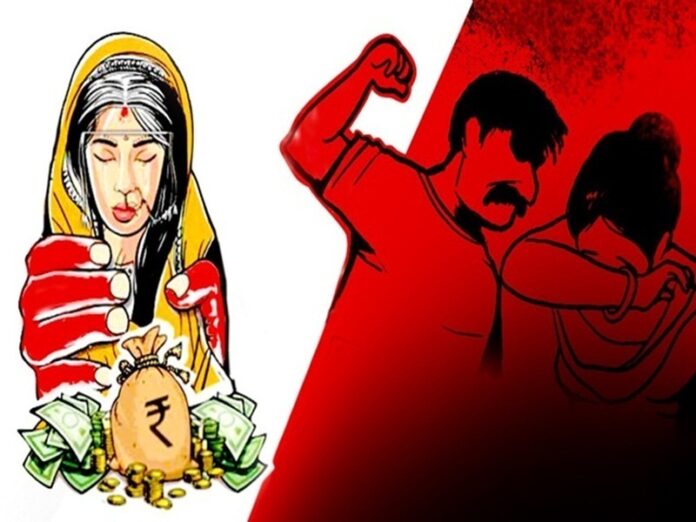
In a significant legal decision, the Supreme Court of India recently upheld the conviction of the appellants in a high-profile dowry death case, shedding light on a critical aspect of criminal jurisprudence. The case centered on the tragic demise of Tuli Shah, whose death was alleged to be the result of severe harassment for dowry, ultimately leading to her suicide.
What makes this ruling particularly noteworthy is the emphasis placed by the Supreme Court on the absence of a positive viscera report. In cases of suspected poisoning or foul play, a positive viscera report, which identifies toxic substances or chemicals in the deceased’s body, is often considered crucial evidence. However, the Supreme Court has unequivocally stated that the lack of a positive viscera report should not be deemed conclusive proof that the victim did not die as a result of poisoning.
This ruling underscores the importance of a holistic and evidence-based approach in criminal cases, particularly those involving sensitive issues like dowry deaths. It acknowledges that while the absence of toxic substances in the viscera may not establish poisoning definitively, it does not exonerate the accused either. In cases of dowry deaths, where the circumstances often involve complex social dynamics and intricate evidentiary challenges, the Supreme Court’s stance ensures that justice is not undermined merely due to the unavailability of a positive viscera report.
By upholding the conviction despite this evidentiary gap, the Supreme Court sends a powerful message about the need for thorough investigation, reliance on circumstantial evidence, and the recognition of the broader context in which such crimes occur. This verdict reaffirms the commitment of the judiciary to address the grave issue of dowry-related violence while emphasizing that the absence of conclusive scientific evidence should not serve as a shield for perpetrators of such crimes.



